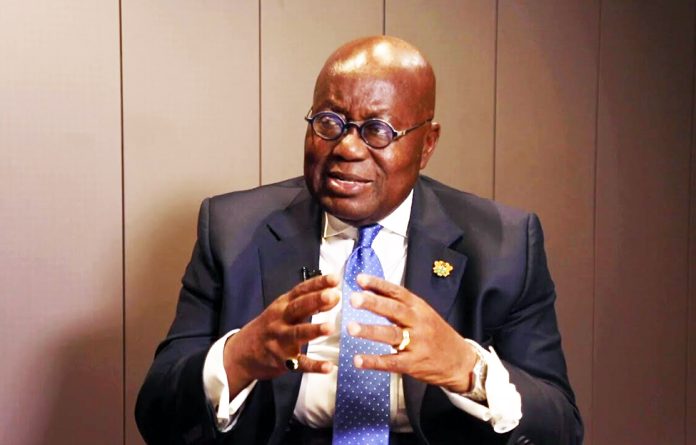In a speech delivered at the 5th anniversary of the Council on Foreign Relations Ghana, President Nana Addo Dankwa Akufo-Addo called for a new development cooperation paradigm that is centered on partnership, mutual accountability, sustainability, and local ownership.
Addressing the theme “The Limits of the Current Development Co-operation Framework for Africa’s Transformation,” the President highlighted the need for a shift from donor-recipient relationships to genuine partnerships that recognise the mutual interests and shared responsibilities of all stakeholders.
President Akufo-Addo emphasized that African countries must take the lead in defining their development priorities and shaping the agenda for cooperation. “Development cooperation should be based on genuine partnerships that recognise the mutual interests and shared responsibilities of all stakeholders,” he stated.
He urged development partners to support these priorities and align their efforts with national development plans.
Mutual accountability, the president argued, is fundamental for effective development cooperation.
He called for transparent monitoring and evaluation mechanisms to track progress and ensure that development interventions are delivering tangible outcomes.
“By promoting mutual accountability, we can heighten the effectiveness and impact of development cooperation,” he noted.
The President also underscored the importance of sustainability in development cooperation. He called for a focus on long-term, sustainable solutions that target the root causes of underdevelopment and promote inclusive growth.
Additionally, President Akufo-Addo emphasised the need to integrate environmental sustainability into development planning and implementation to ensure that development gains are resilient and enduring.
In his speech, President Akufo-Addo addressed the limitations of the current development cooperation framework, which he said often limits the involvement of local communities and civil society organizations in the planning, implementation, and monitoring of development projects.
He argued that this lack of local participation can lead to a lack of relevance, sustainability, and accountability in development interventions.
To alleviate this limitation, the President called for more inclusive and participatory approaches to development. He stressed the importance of empowering local communities, enhancing the capacity of civil society organizations, and ensuring that development interventions are responsive to the needs and aspirations of local people. “By encouraging local ownership and participation, we can enrich the sustainability and impact of development cooperation,” he stated.
President Akufo-Addo also highlighted the importance of good governance and strong institutions in achieving sustainable development.
He noted that the current development cooperation framework often pays insufficient attention to governance and institutional development, which he described as fundamental to sustainable development.
The President called for governance reforms and institutional development, emphasising the need to strengthen democratic institutions, promote transparency and accountability, and build the capacity of public institutions.
In conclusion, President Akufo-Addo called on African leaders and development partners to work together to build a new paradigm for development cooperation that is based on partnership, mutual accountability, sustainability, and local ownership.
He expressed confidence that by tackling the limitations of the current framework and embracing a more holistic and inclusive approach, Africa can achieve the transformative change to which it aspires.









